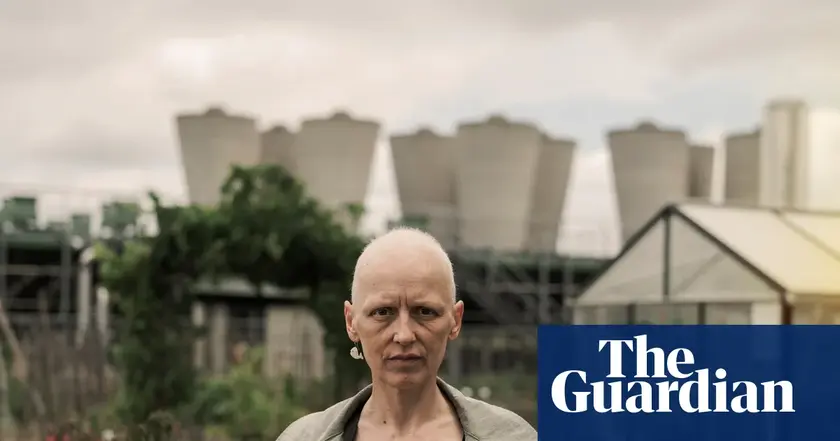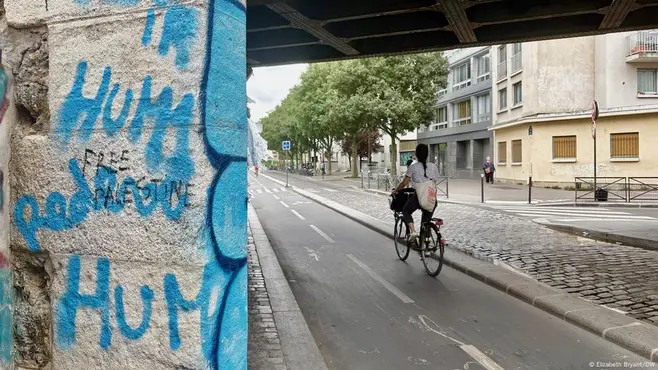T4K3.news
France blocks reintroduction of acetamiprid
The constitutional court halted the plan, citing the right to a healthy environment and prompting renewed scrutiny of pesticide use.

Breteau’s story highlights broader fears about pesticide safety and environmental health in France.
Cancer patient fuels French movement against pesticide reintroduction
On a day MPs approved the reintroduction of acetamiprid, Fleur Breteau rose from the public gallery to say lawmakers were supporters of cancer. She lost her hair during chemotherapy for breast cancer, and her words helped boost a petition against the Duplomb law to more than two million signatures. Later, France’s constitutional court blocked the government plan, ruling that it undermined the right to live in a balanced and healthy environment.
Breteau, now leading the Cancer Colère collective, says the fight goes beyond a single law. The health crisis framing is geometric: cancer cases have risen sharply since 1990 even as smoking and drinking have fallen. Acetamiprid is a neonicotinoid banned in France since 2018 but still used elsewhere in Europe and in the United Kingdom. The government has urged a Europe wide health assessment while farmers and chemical makers defend the product as low risk. Officials emphasize that the issue blends science, policy and public concern and that a careful, transparent review is needed.
Breteau plans to keep campaigning with leaflets outside hospitals in September to explain the risks she sees. She argues that ordinary people bear the burden of a system that treats health as negotiable and politics as a battlefield. The court decision marks a moment of restraint, but activists say the broader fight over pesticides and safety will continue to shape policy in France and beyond.
Key Takeaways
"The law is a symptom of a sick system that poisons us."
Breteau on the broader impact of the Duplomb law
"Ordinary people are deeply angry and becoming more so. We’re thinking how we become a force."
Breteau on mobilizing supporters
"What the studies have shown is that acetamiprid is the least toxic, but it’s like choosing between the plague and cholera."
Philippe Grandcolas on the pesticide's risk profile
"I am calling for a prompt, careful and transparent reassessment by European health authorities."
Yannick Neuder on health reassessment
This case shows how health fears can energize environmental policy and reshape political discourse. Personal stories cut through abstract data and push lawmakers to confront complex tradeoffs between farming livelihoods and public health. The court ruling reframes the debate as a constitutional issue about environmental rights, which could influence other regulatory battles ahead. It also exposes the friction between scientific uncertainty and political action, a tension that often fuels both activism and industry pushback.
The episode reveals how citizen activism can change the tone and tempo of policy. Cancer Colère quickly grew from a handful of patients to a broad movement that plans direct action at hospitals. That kind of strategy can widen public support but also invites scrutiny over how cancer narratives are used in policy fights. For policymakers, the challenge is to balance credible risk assessment with timely protections, while ensuring farmers have viable options and communities are not left in limbo.
Highlights
- The law is a symptom of a sick system that poisons us
- Ordinary people are deeply angry and becoming more so
- What the studies have shown is that acetamiprid is the least toxic, but it’s like choosing between the plague and cholera
- I am calling for a prompt, careful and transparent reassessment by European health authorities
Pesticide policy sparks political risk in France
The court ruling and activist mobilization illuminate political sensitivity around pesticide safety, environment rights and industry interests. The clash could affect budgets, EU policy alignment and public trust as lawmakers weigh science against livelihoods.
The debate is far from over and the next steps will test how France blends science, health and politics.
Enjoyed this? Let your friends know!
Related News

Pesticide clause blocked by France's top court

Violence in Limoges leaves police injured

Increased Global Pressure on Israel Due to Gaza Actions

Germany considers change in support for Israel

Ekitike seals move to Liverpool

Cooper Flagg shines with 31 points at NBA Summer League

Hundreds of illegal streaming sites blocked in the UK

Asylum agreement takes effect with first returns to France
